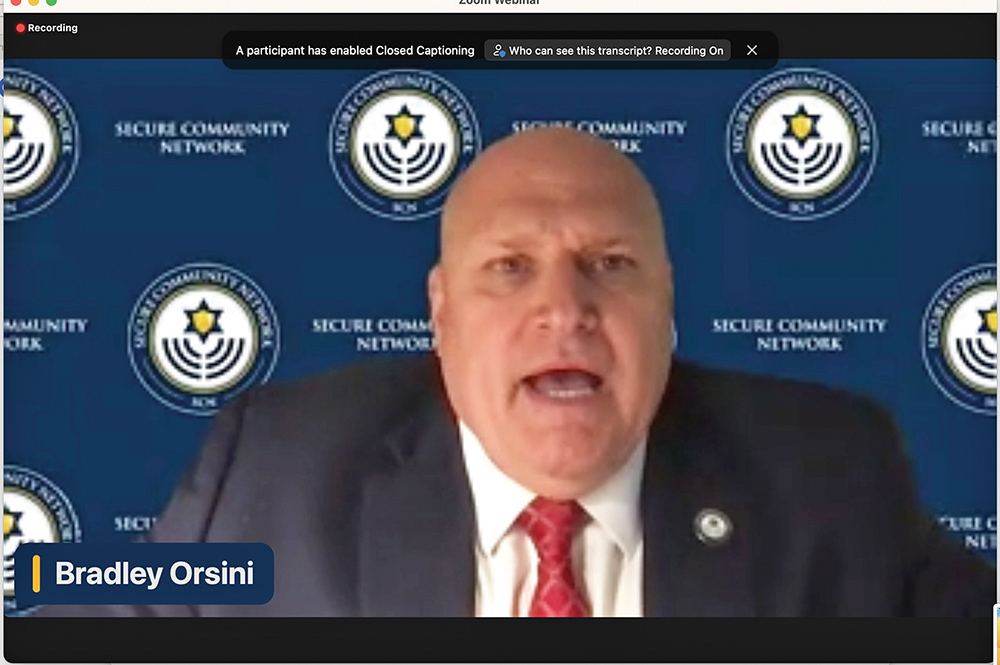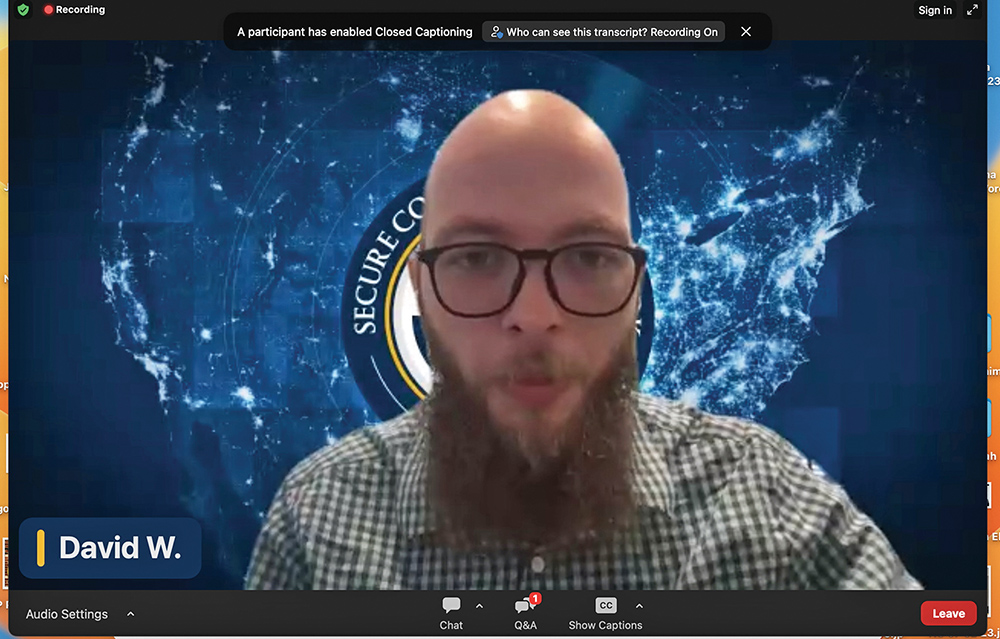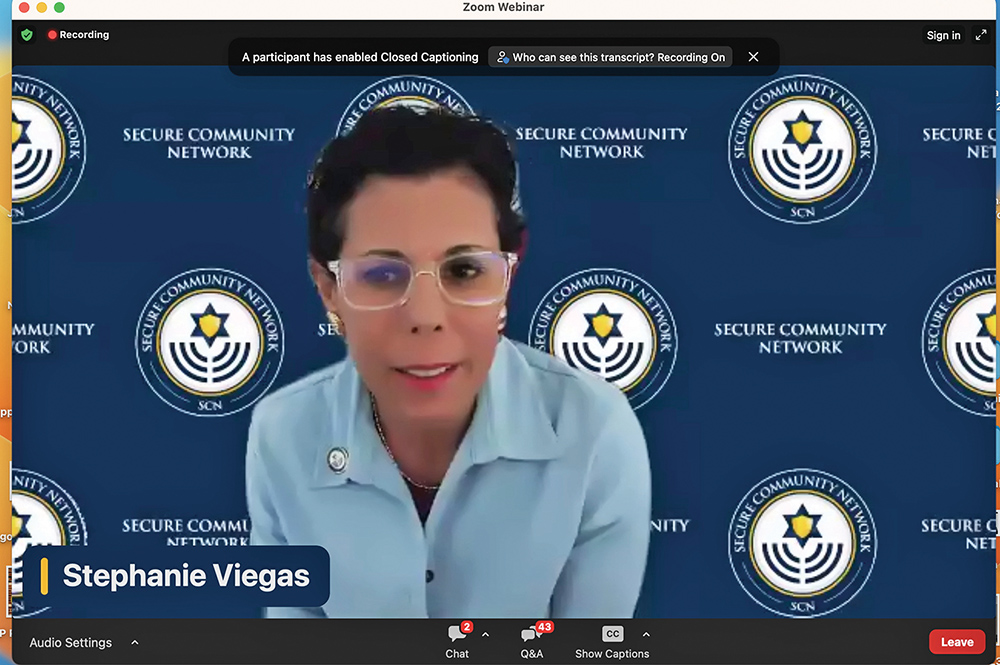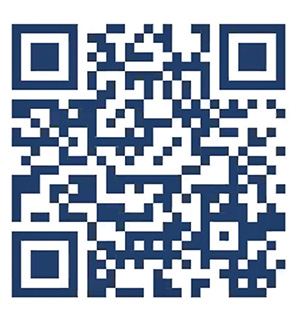
One of the necessities of shul/school/organization security is that you must be able to pivot quickly when a worrisome new threat emerges.
The Secure Community Network (SCN) demonstrated this imperative clearly in its latest pre-High Holidays webinar on Thursday, August 17. While the announced topic was “Hosting High Holiday Services: The Role of Greeters, Ushers and Volunteers,” SCN took note of a rash of swatting incidents that had recently taken place at Jewish facilities across the U.S. and added a segment to the webinar to address the issue.
According to a fact sheet prepared by SCN, “Swatting is the act of making false emergency calls, often to 911 or other emergency services, with the intention of triggering a significant response from law enforcement, particularly specialized units like SWAT (Special Weapons & Tactics) teams.”

At the start of the August 17 webinar, SCN’s senior national security advisor, Bradley Orsini, called on SCN’s director of intelligence and information sharing, David Wilson, to address the recent rise of swatting in the Jewish community. Wilson noted that there were 45 incidents of swatting in Jewish community institutions in the U.S. over the past four weeks, with many taking place in California and many targeting synagogues with live-streamed services. Targets have included synagogues, schools and Jewish Federation offices. Wilson stated that law enforcement agencies are taking the rise in swatting incidents very seriously, and SCN posted a publicly accessible fact sheet on the topic on its website.
Wilson said that people are making swatting calls for five reasons:
1) To tie up police resources
2) To target specific groups, people, or locations
3) To shut down a facility
4) To instill fear in a community
5) To provoke a police response that may result in confrontation or innocent people getting hurt
Orsini added that the most important thing Jewish institutions can do in response to swatting incidents is to cooperate fully with law enforcement agencies and to urge their members not to overreact to the incidents (such as by crowding the scene).

Orsini then turned to Richard Priem, deputy national director and COO of the Community Security Service (CSS) and asked him to address the topic of the webinar. Priem said that CSS offers free training for volunteers in synagogues that enable them to spot suspicious activities and to deter bad actors from conducting surveillance activities that could lead to future attacks. While people planning attacks may start researching possible targets online, they often follow up with in-person surveillance and will look at parking, traffic, employees, guards, daily routines, access routes, security measures and other factors. Trained volunteers can spot the bad actors and direct a police response to disrupt their information gathering.
Priem shared a video demonstrating how volunteers can provide vigilance that is more effective than that offered by armed guards. In the video, taken from camera feeds of two targeted facilities, a suspicious character walked up to one facility and, when confronted by a guard, managed to talk his way past the officer. At another facility, the same suspicious character was intercepted by two volunteers who denied the person entry. Priem stated that trained volunteers may be superior than armed guards in certain situations because they have better awareness of the people in and the customs of the community.
Orsini then turned the webinar over to Stephanie Viegas, deputy national security advisor of SCN and a former special agent of the FBI. Viegas led a panel discussion on special-event security planning with panelists Chuck Green, security director of the Jewish Federation of Greater Kansas; James Somohono, security director for the Greater Miami Jewish Federation; Chuck Berhowitz, a CSS leader and retired New York City intelligence bureau officer; and Priem.
 Somohono said that pre-event planning for security is essential and offered the maxim, “Every battle is won before it is fought.” He suggested that each shul and school enlist a local law enforcement officer to serve on their security team. He urged the security teams to invite representatives of local police departments to tour their facilities and to make sure that each member of the security team has a distinct area of activity they oversee, because “Shared responsibility is no responsibility.”
Somohono said that pre-event planning for security is essential and offered the maxim, “Every battle is won before it is fought.” He suggested that each shul and school enlist a local law enforcement officer to serve on their security team. He urged the security teams to invite representatives of local police departments to tour their facilities and to make sure that each member of the security team has a distinct area of activity they oversee, because “Shared responsibility is no responsibility.”
Green talked about the importance of having a broad-based security team that develops plans for different scenarios and coordinates the roles of all the volunteers supporting security. He also stressed the importance of conducting after-event reviews.
Berkowitz pointed out the value of security teams conducting search-and-sweep tours of their facilities or external event venue before each major event. The security team should know where all the exits are and have specific contingency plans for medical emergencies.
Somohono added that often, security teams relax towards the end of an event, which will elevate the threat level. He encouraged security team leaders to warn their members about this danger.
To view a full recording of this seminar, go to https://tinyurl.com/y2t3e6bw.
Harry Glazer is the Middlesex County editor of The Jewish Link and is keenly interested in developments that relate to shul security. He can be reached at harryglazer615@gmail.com.









